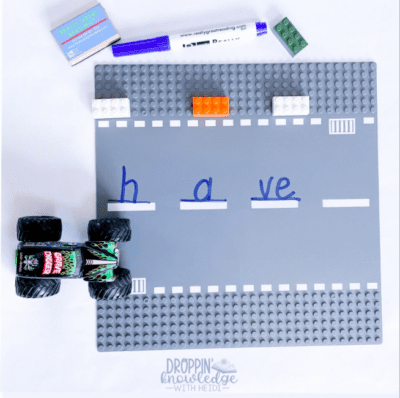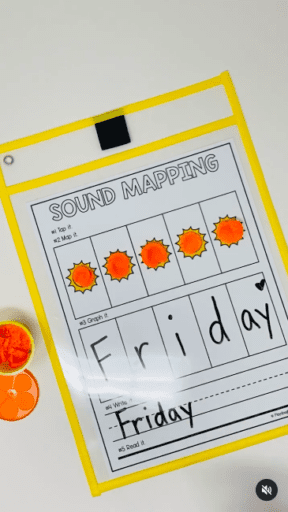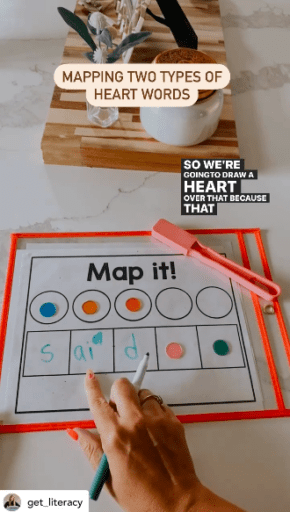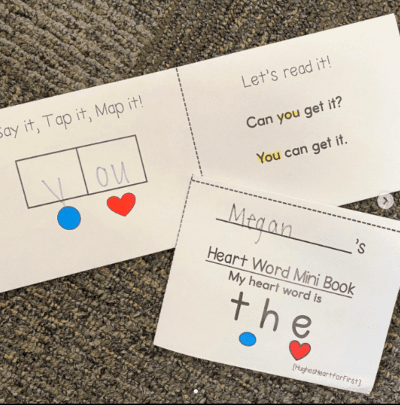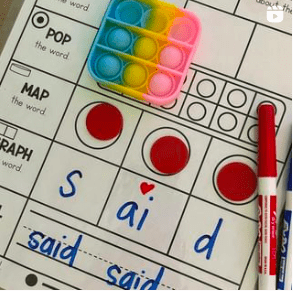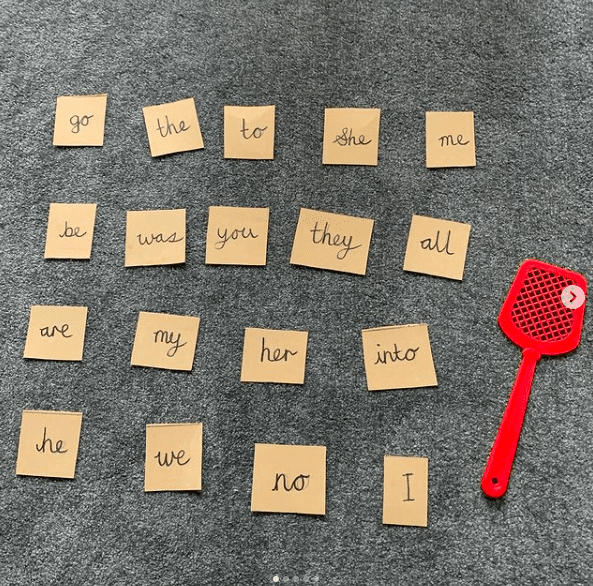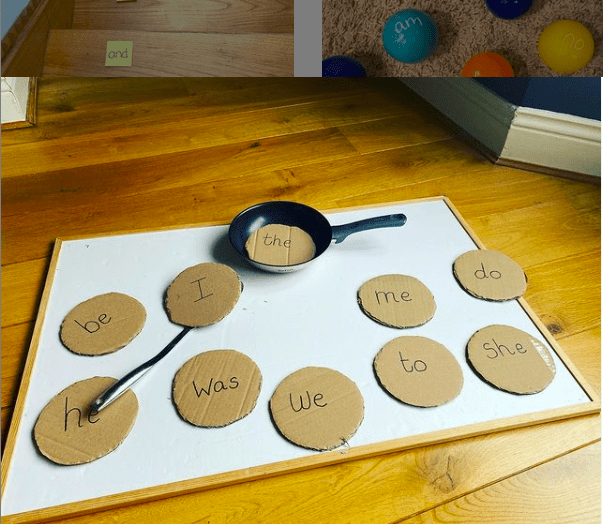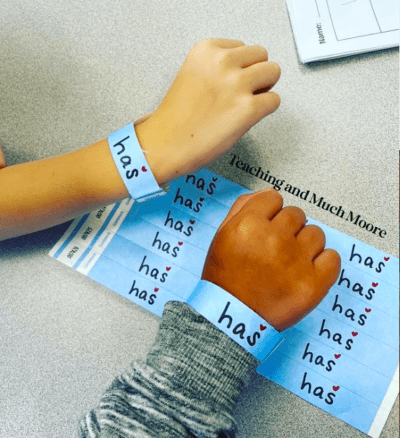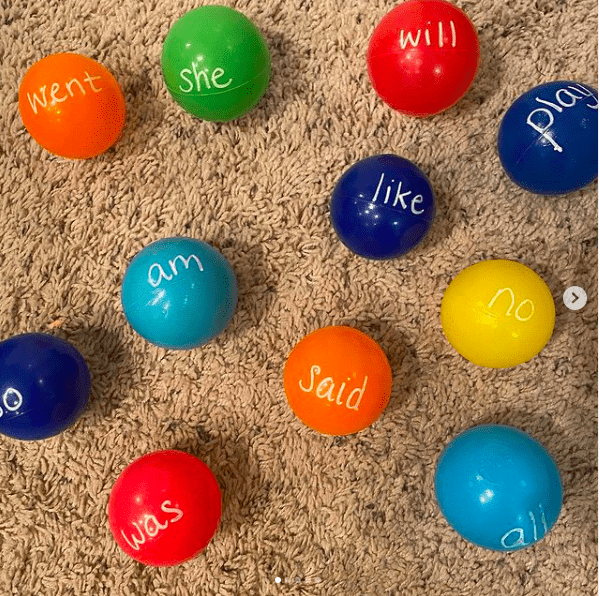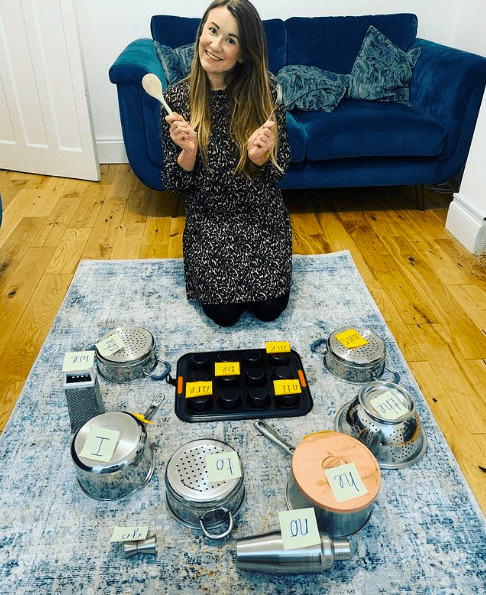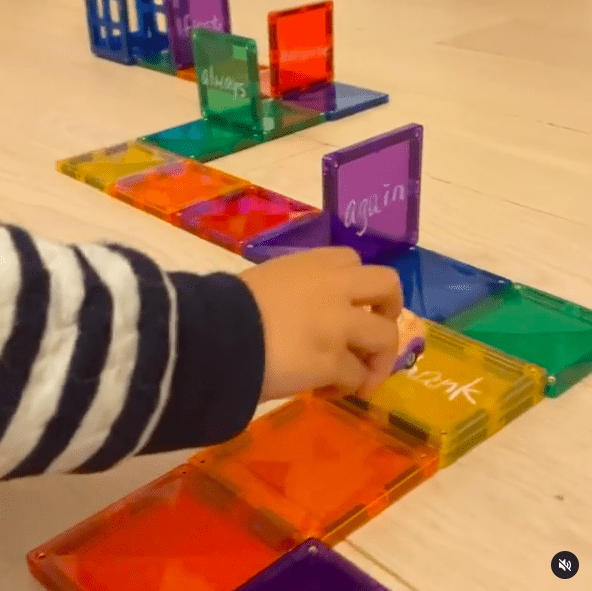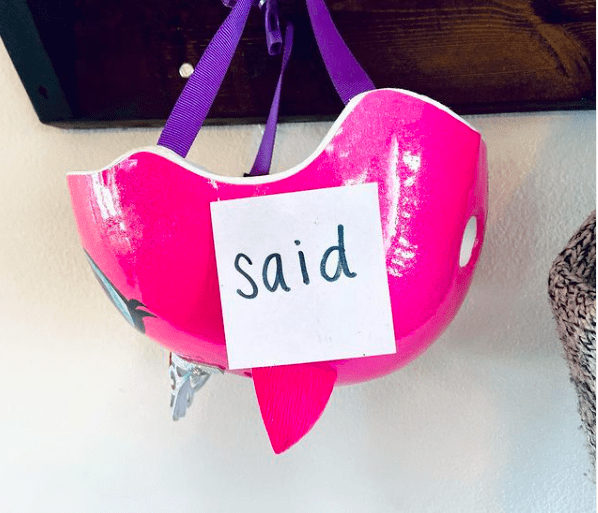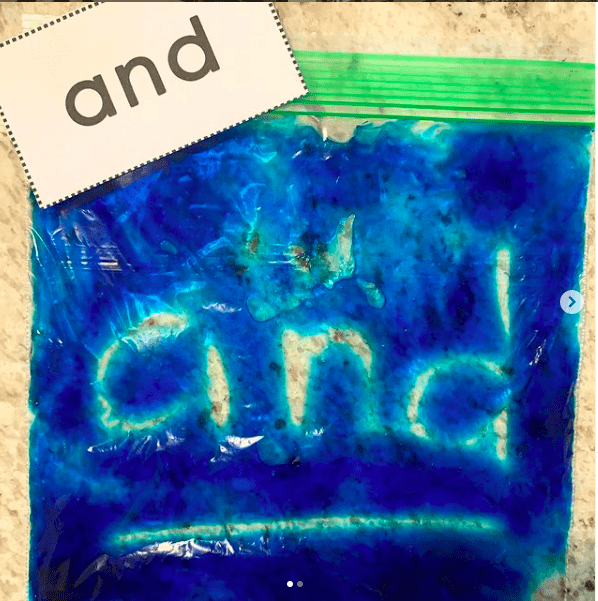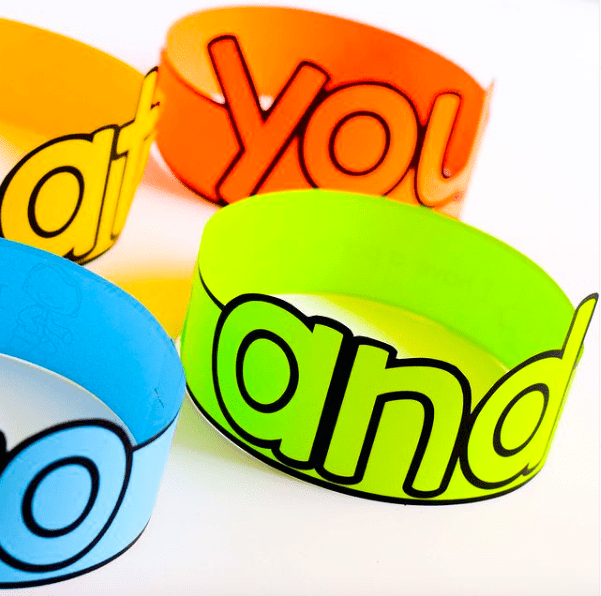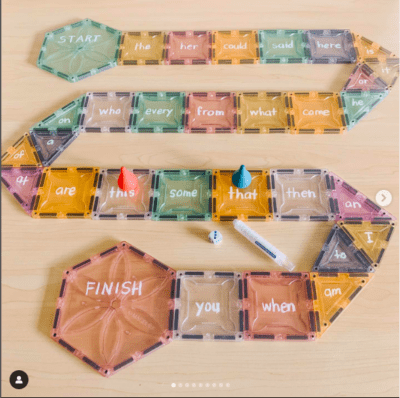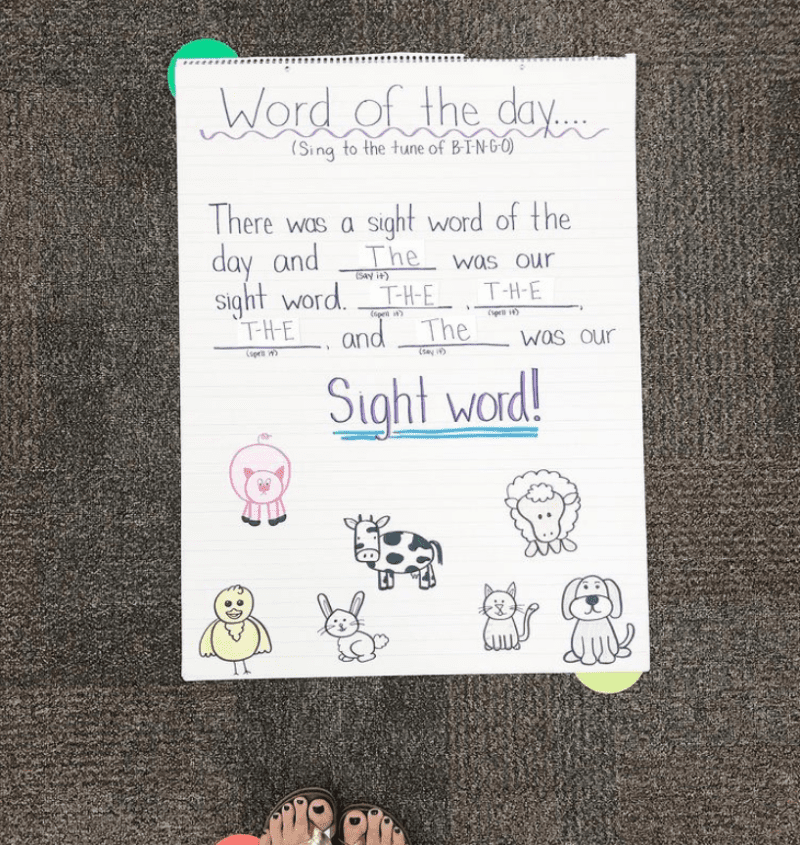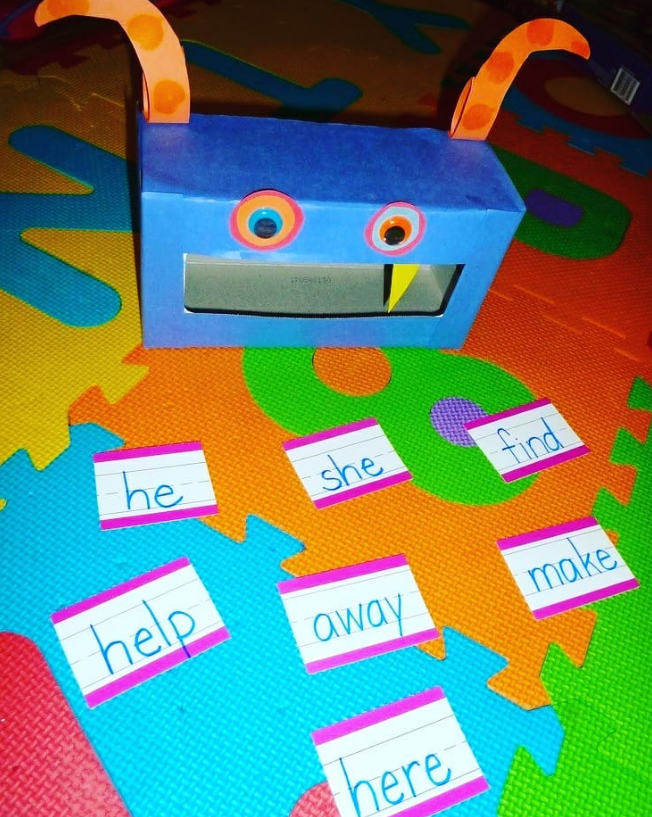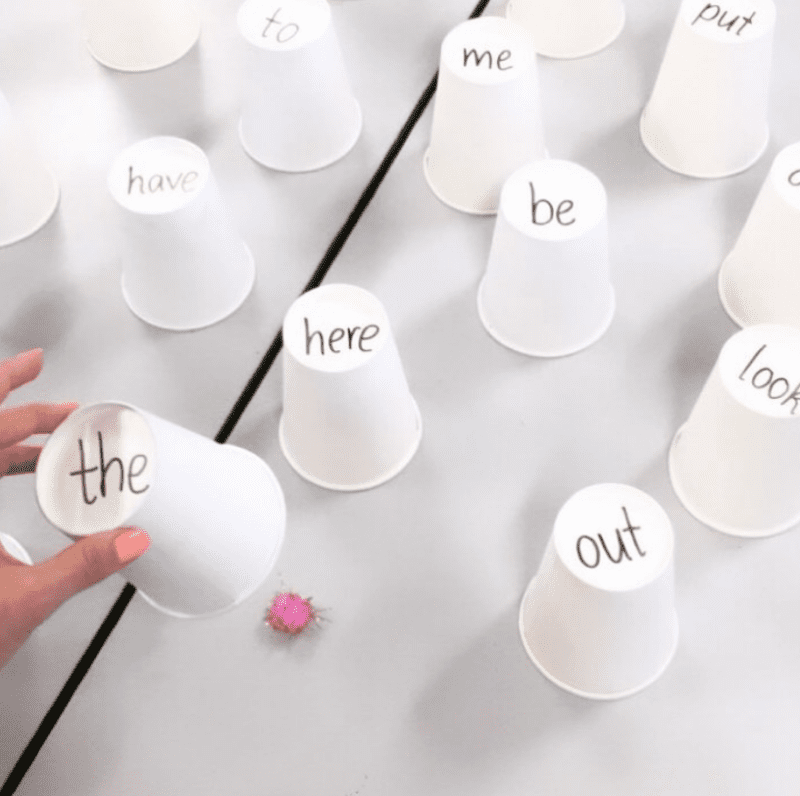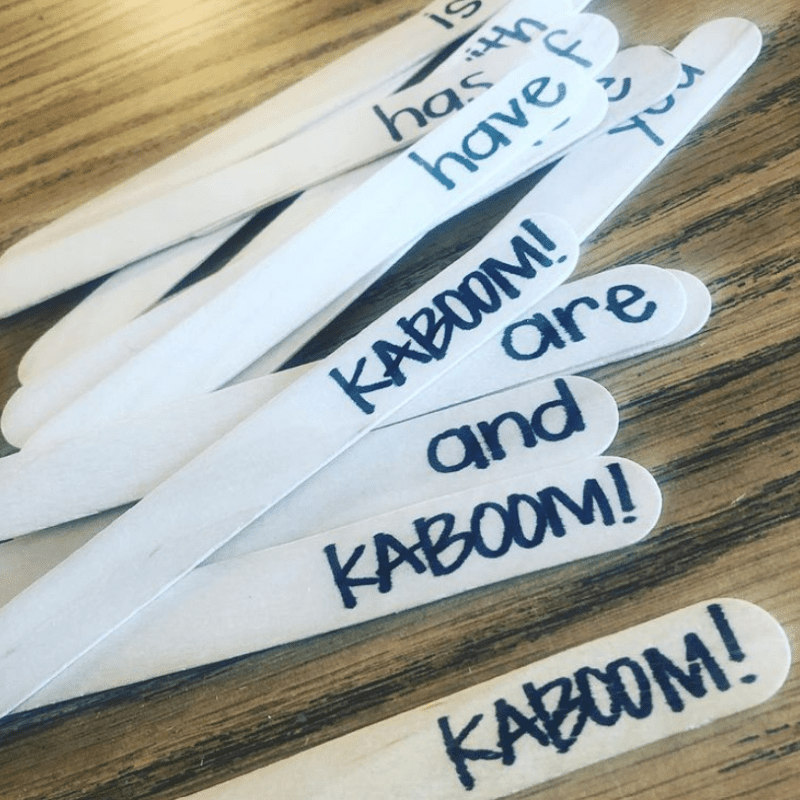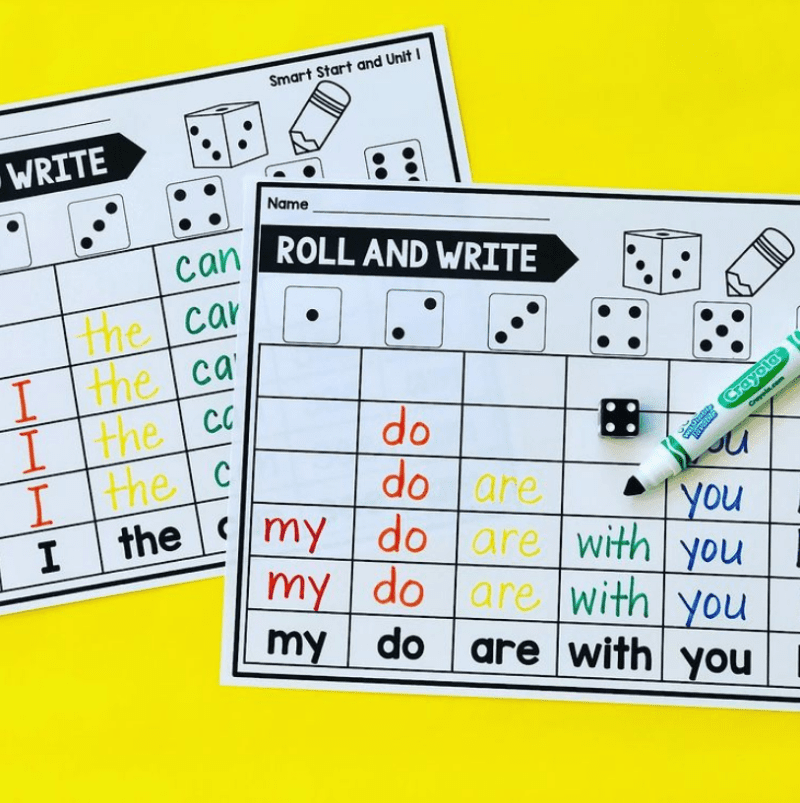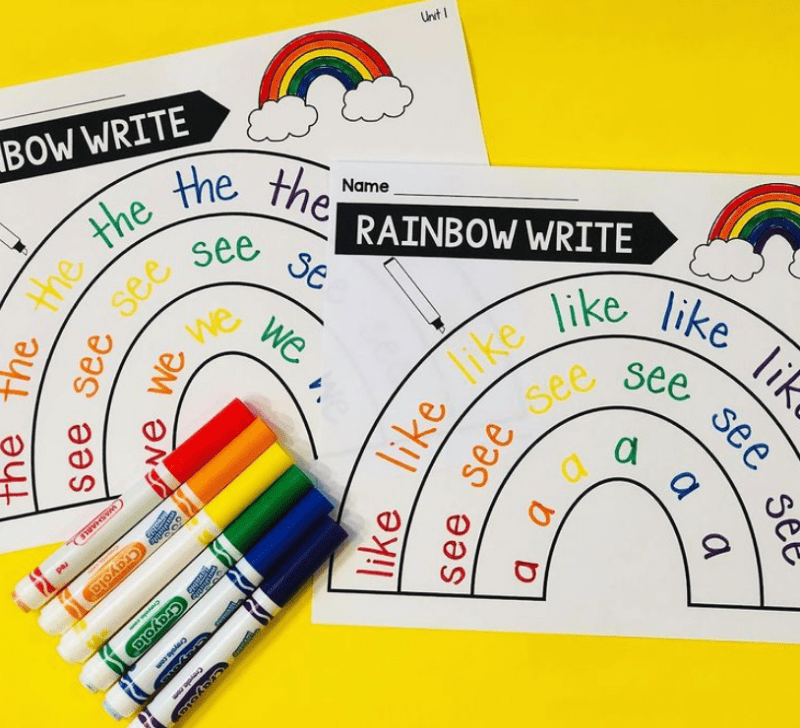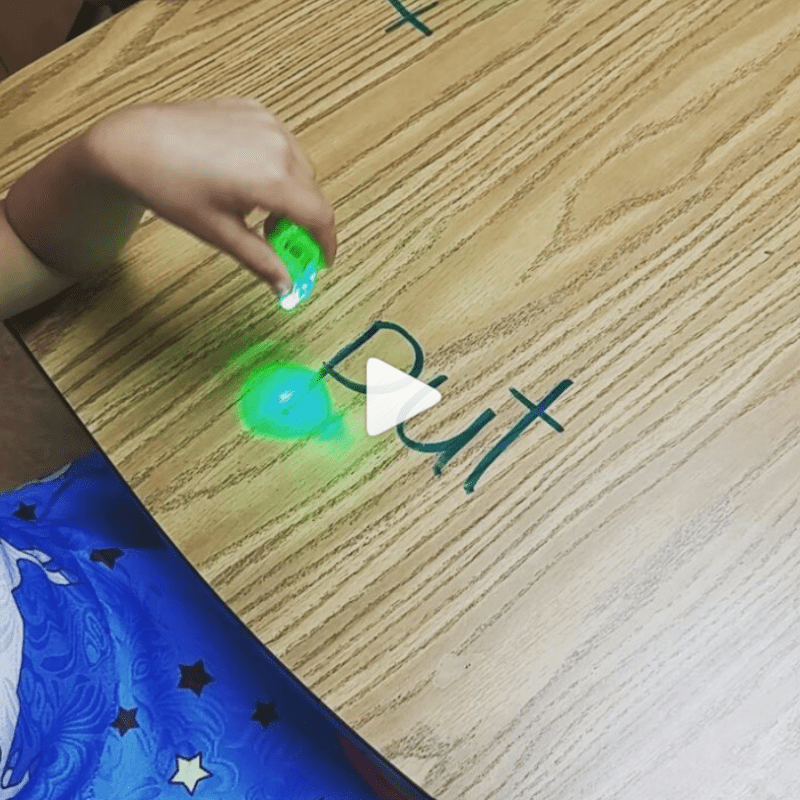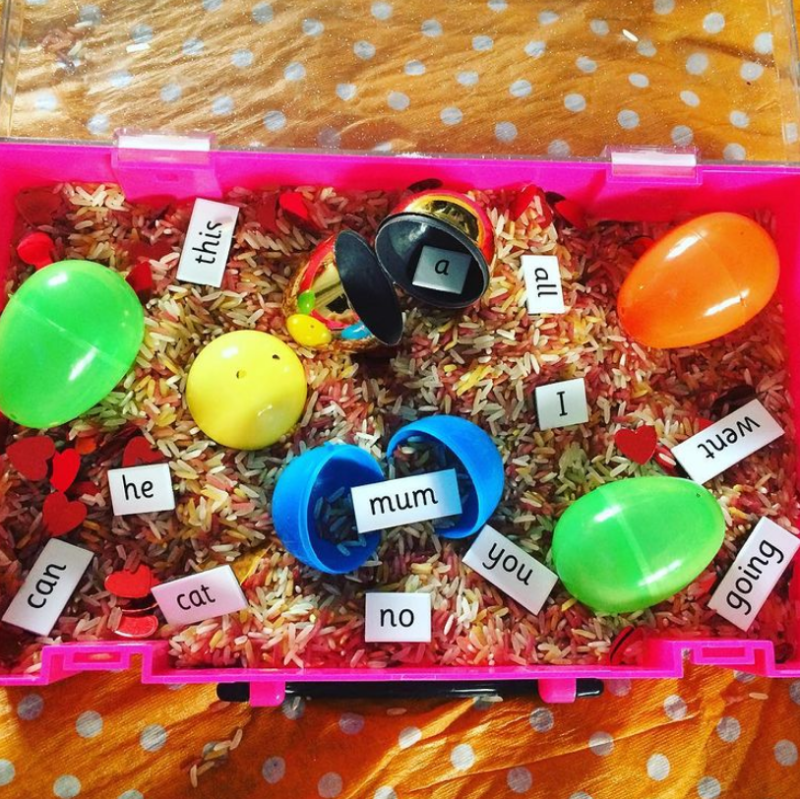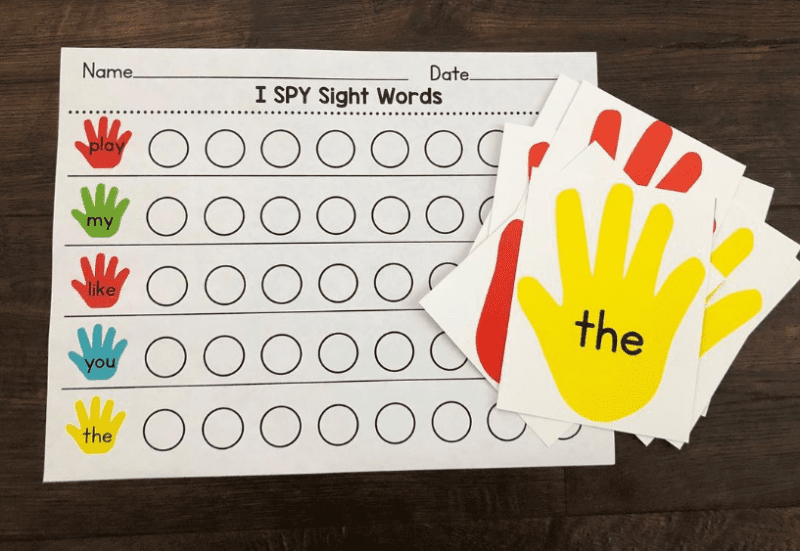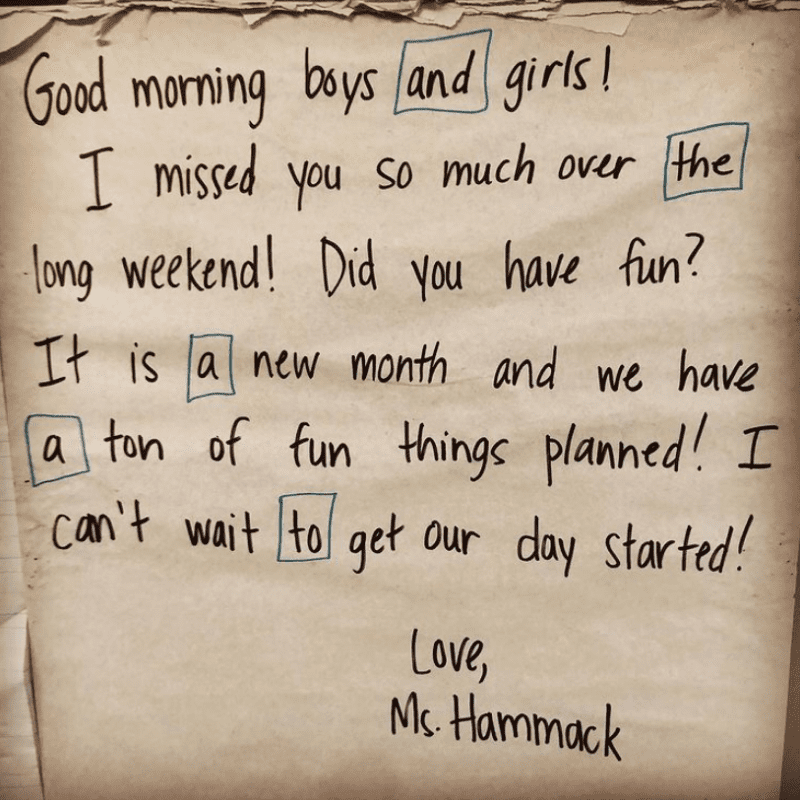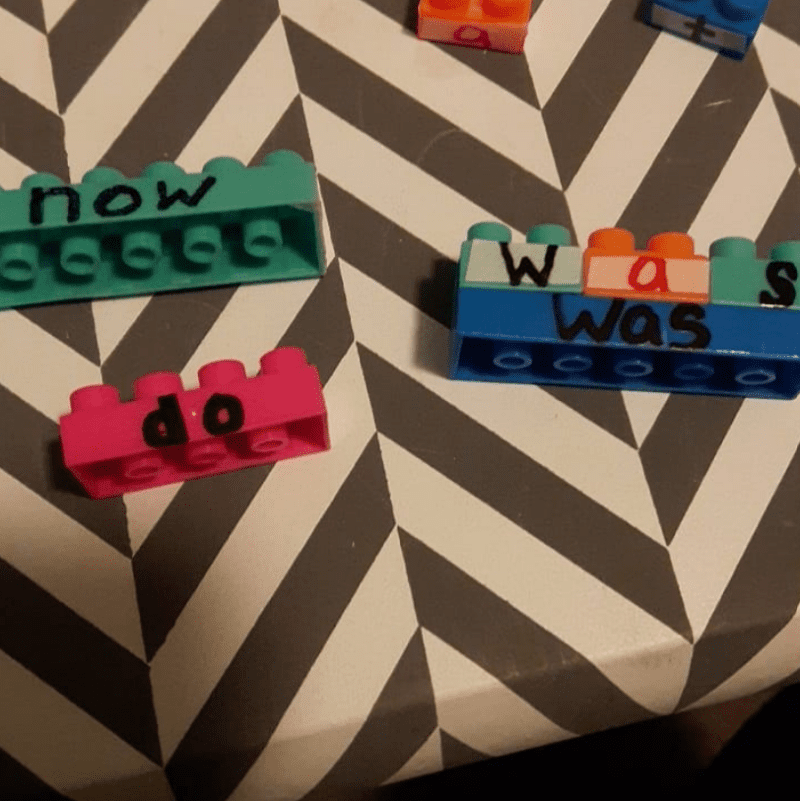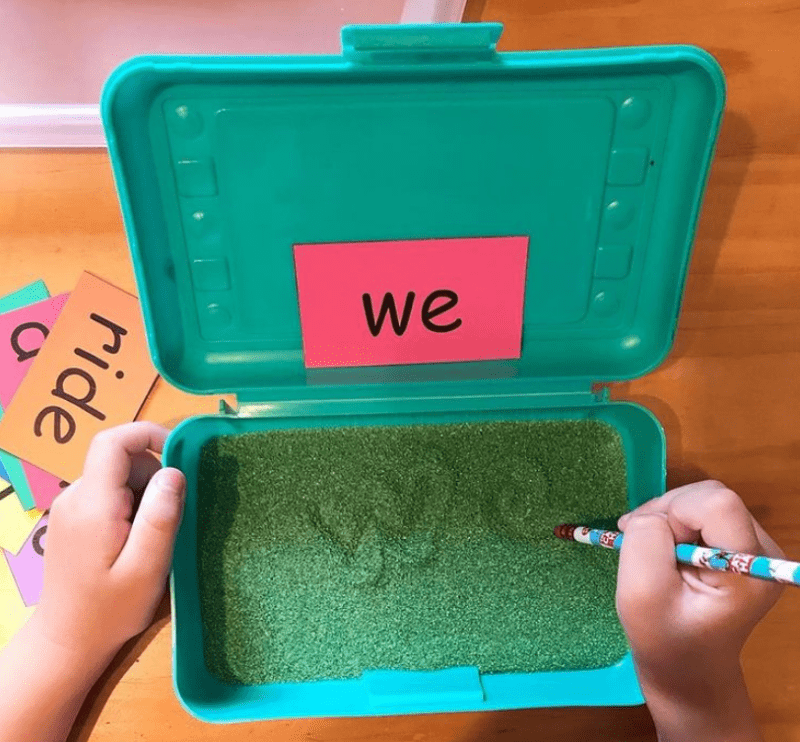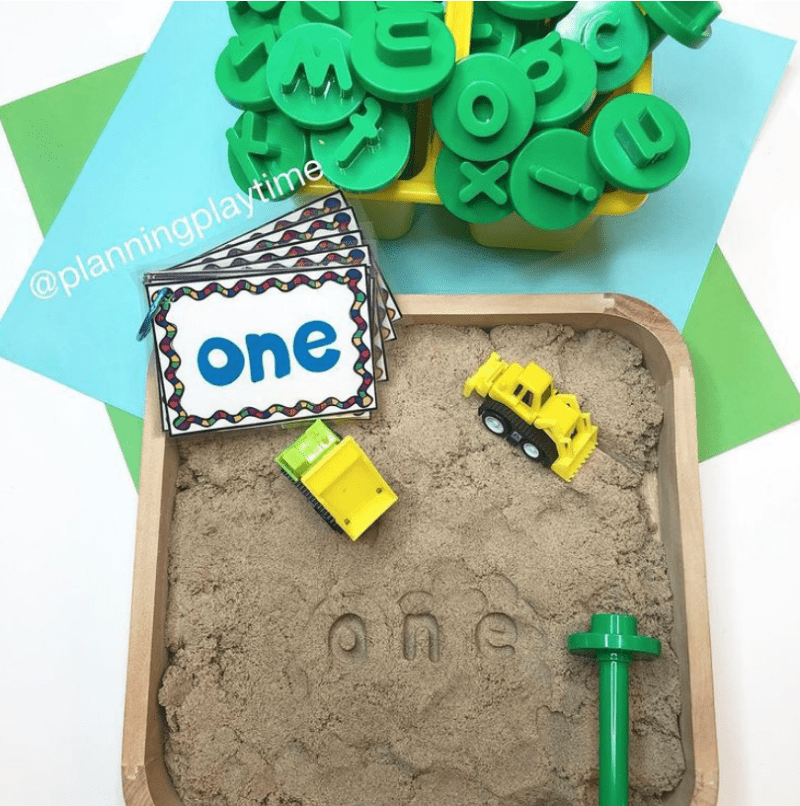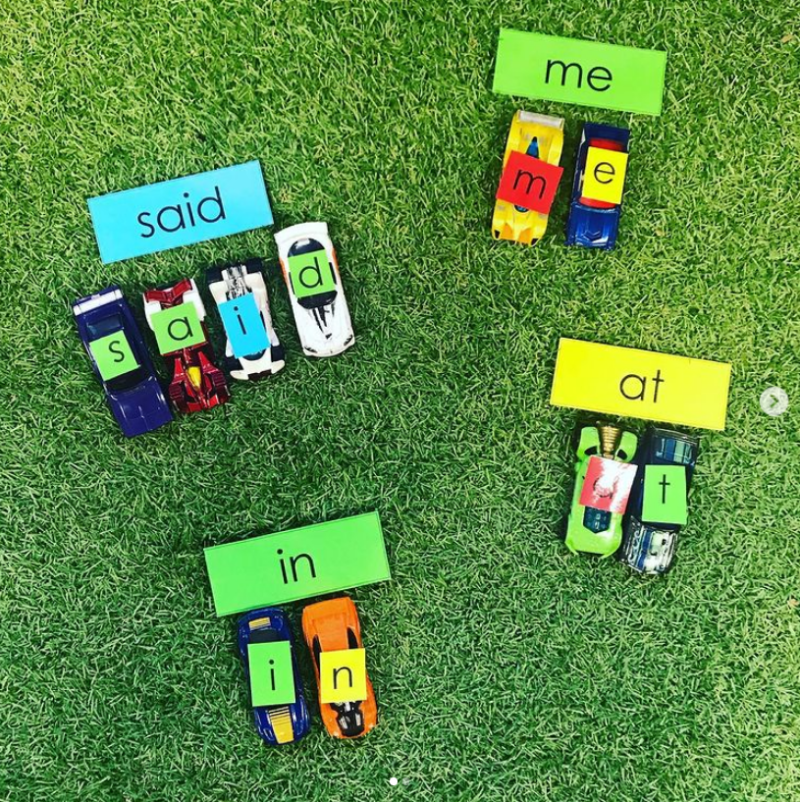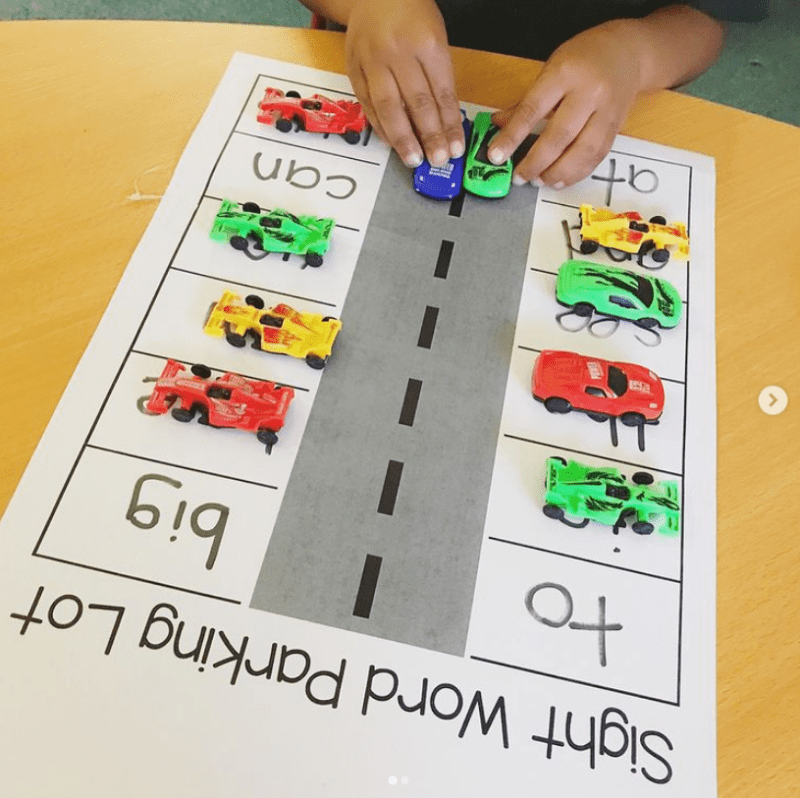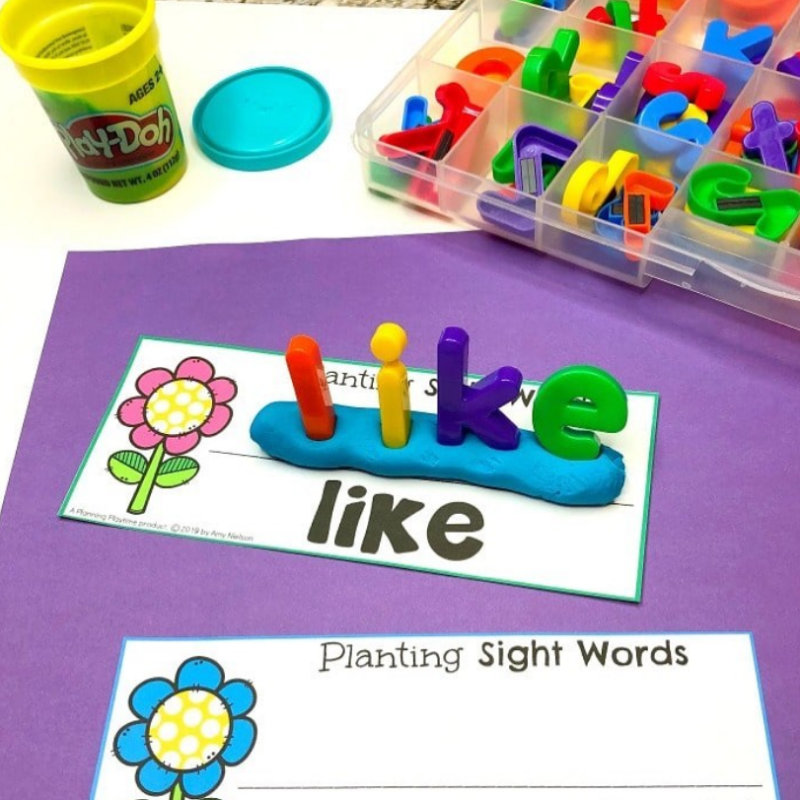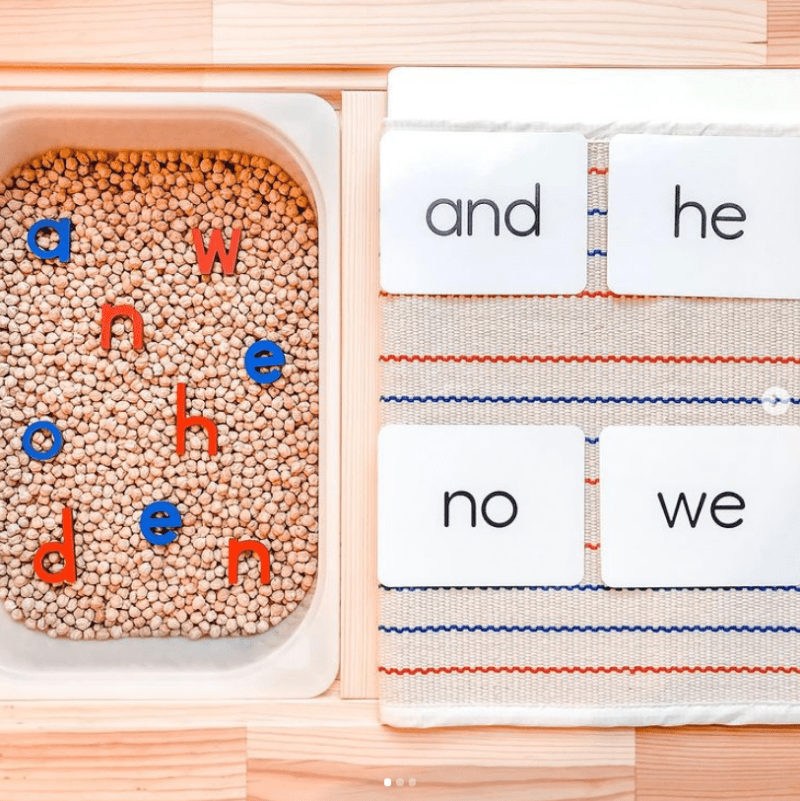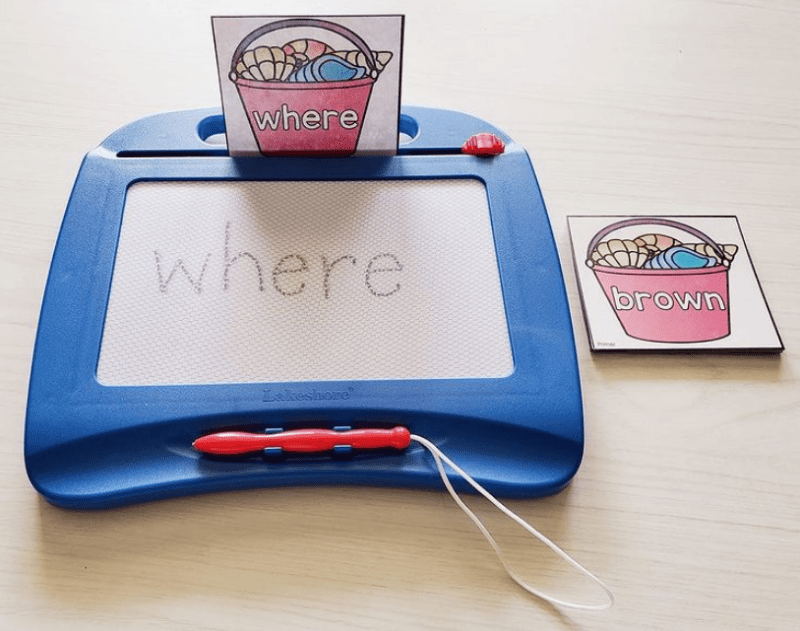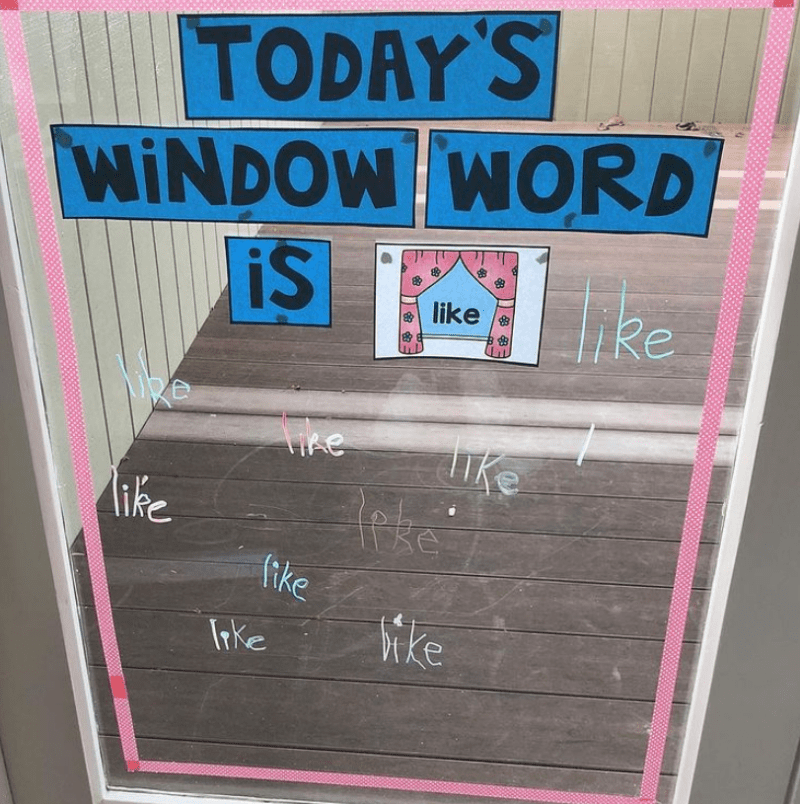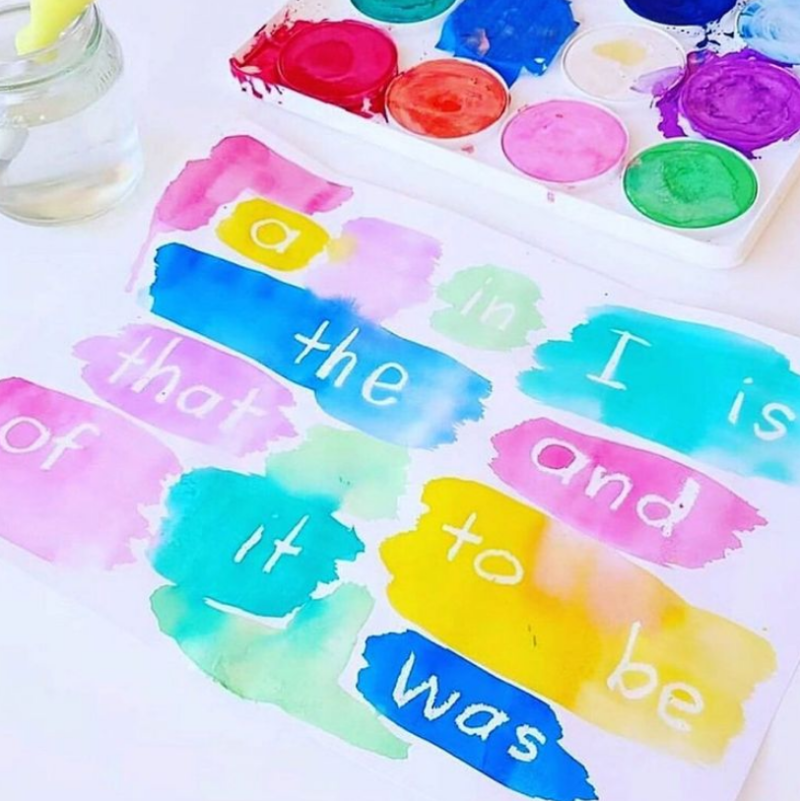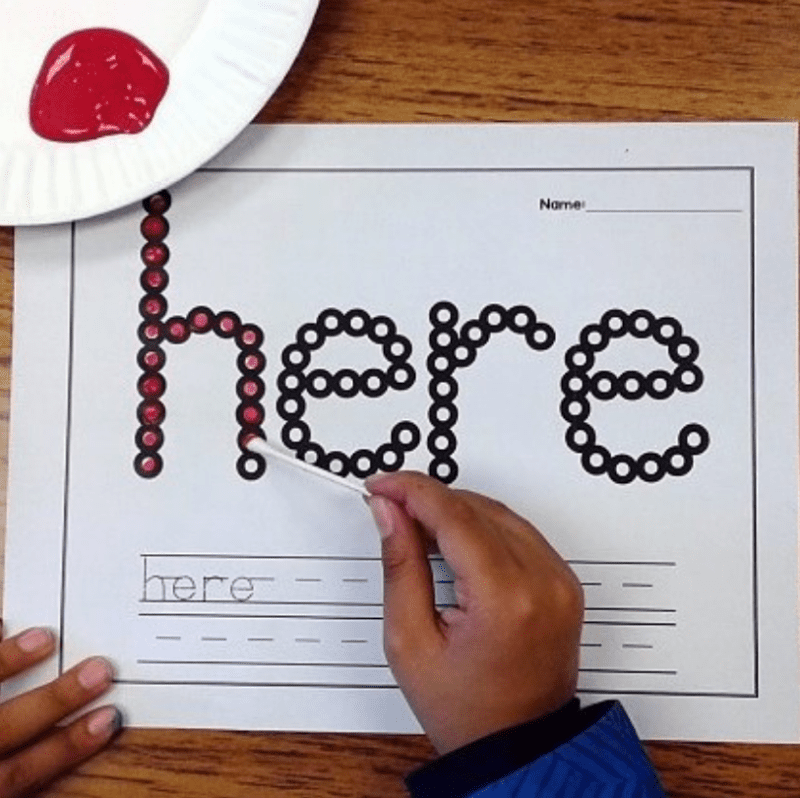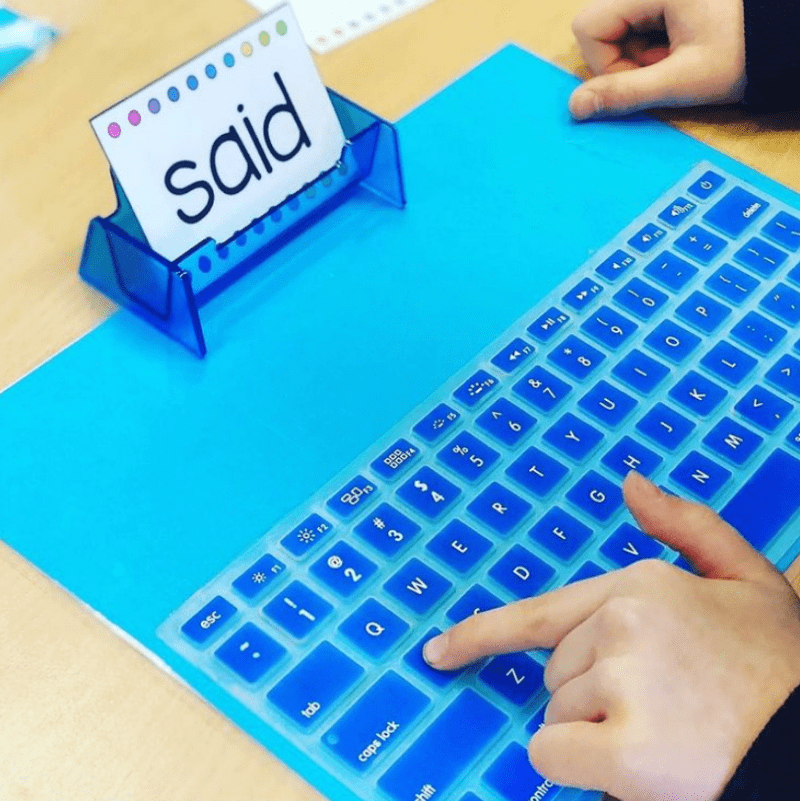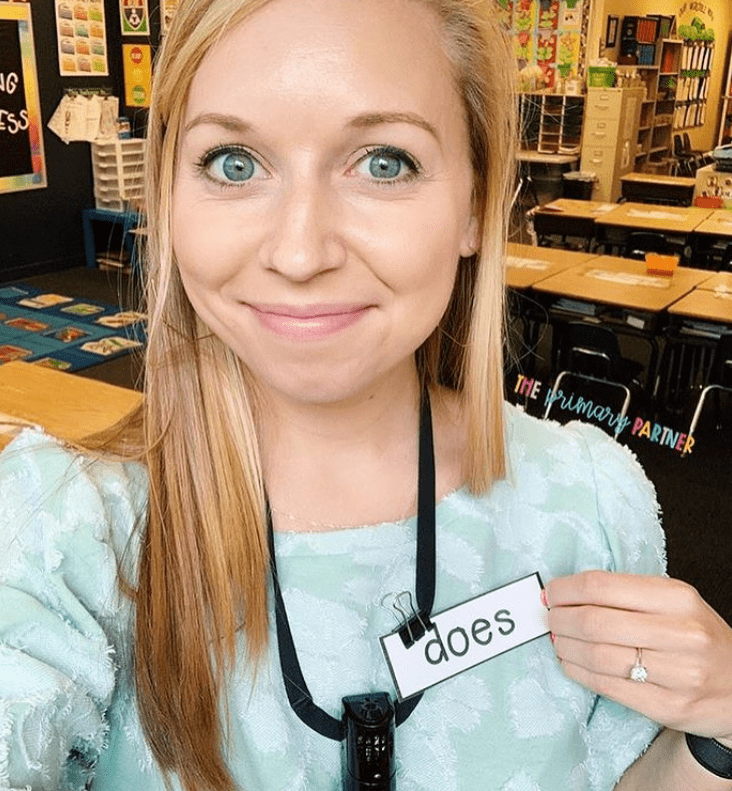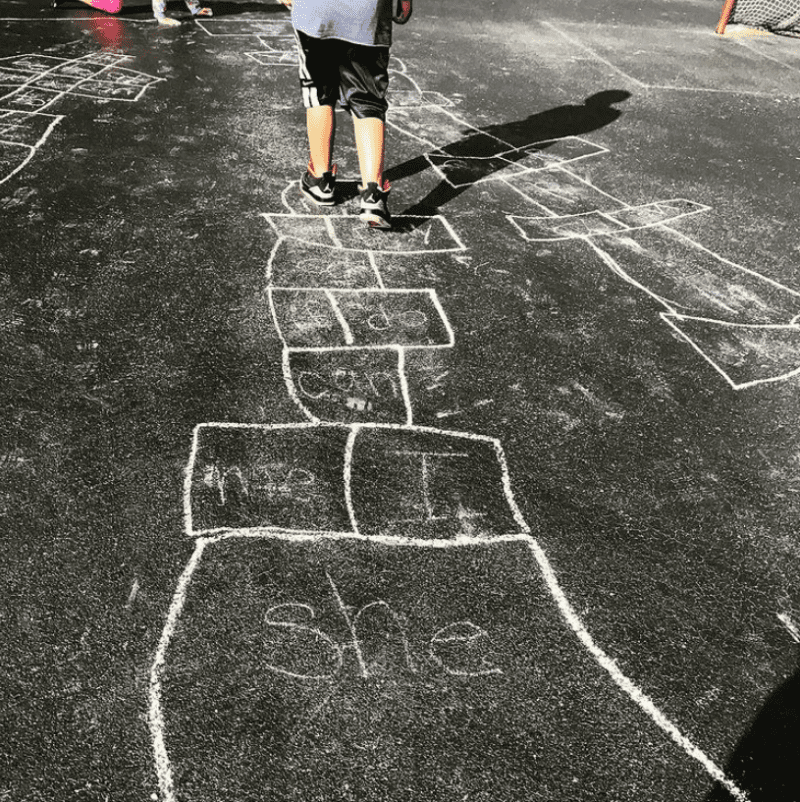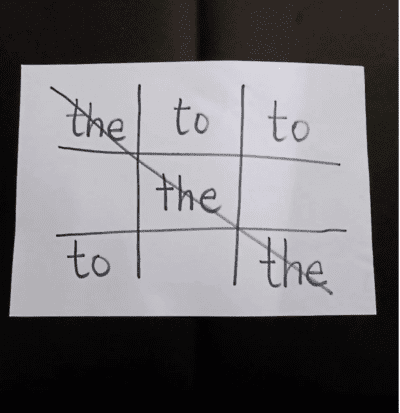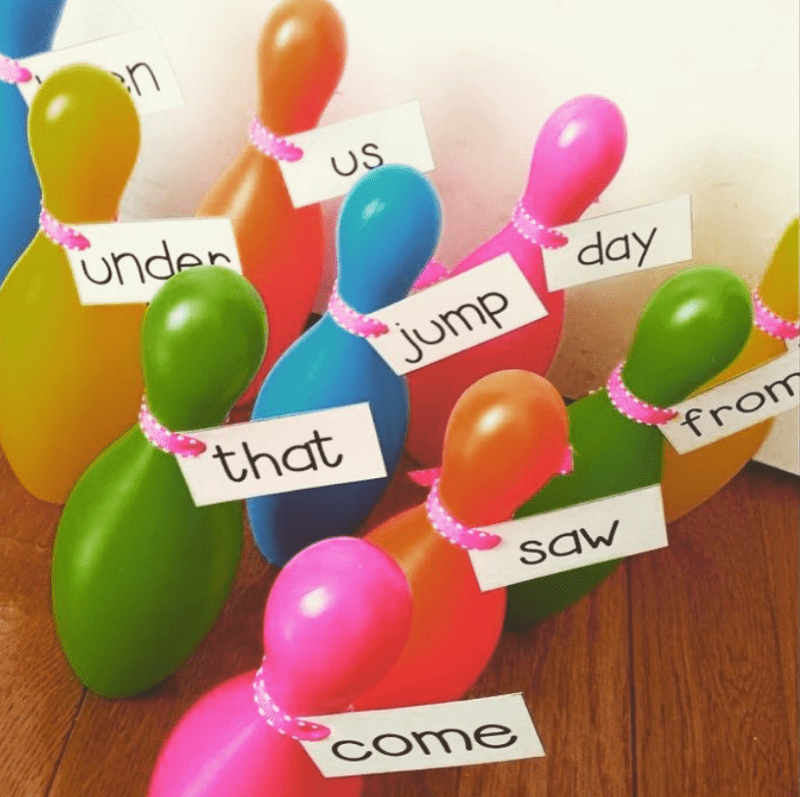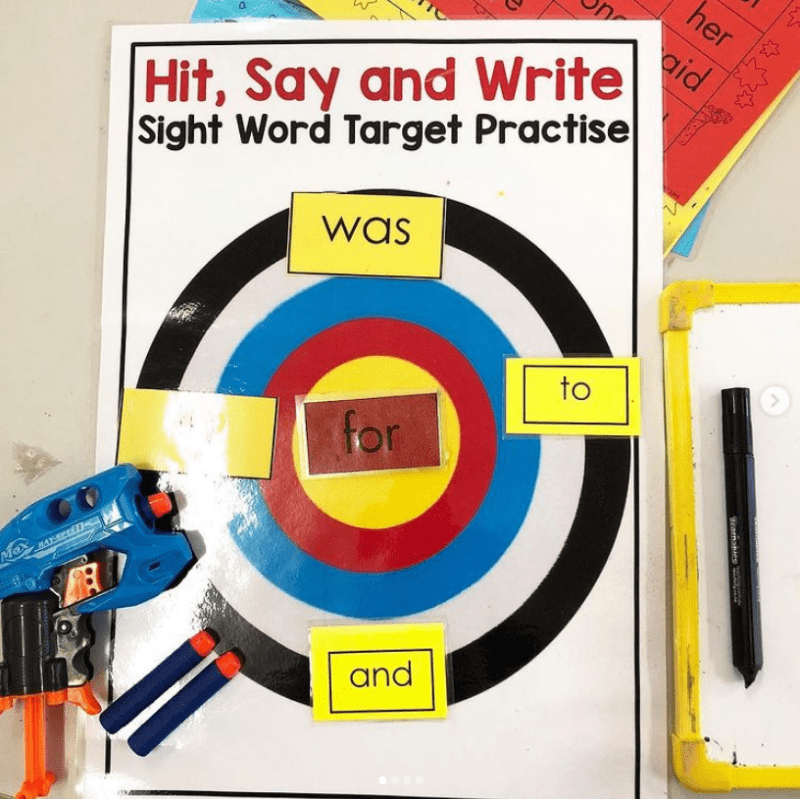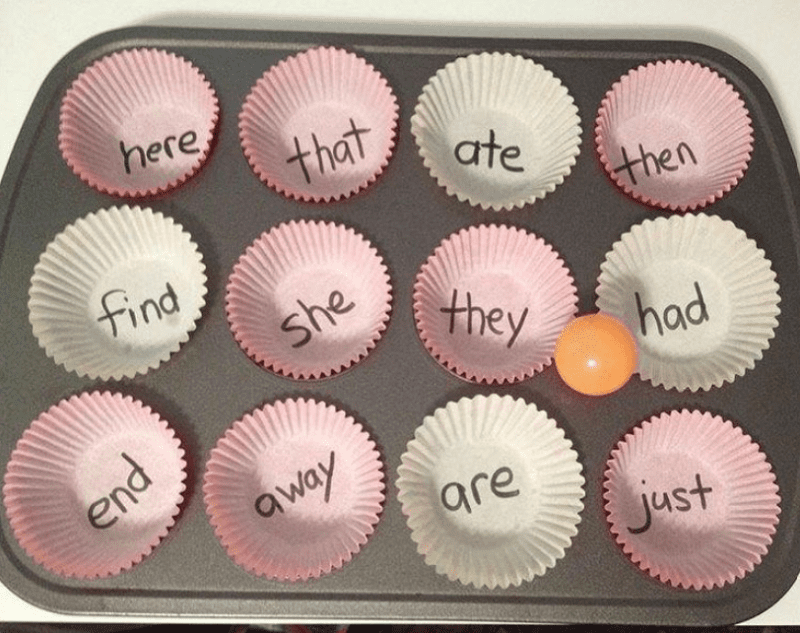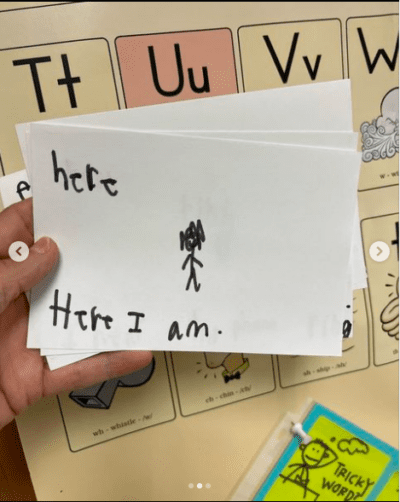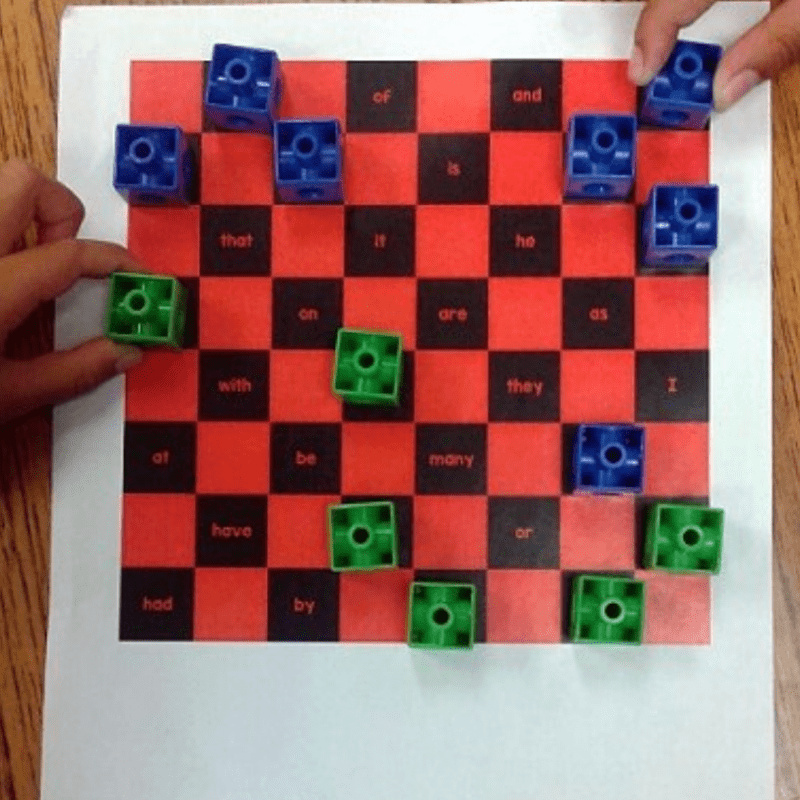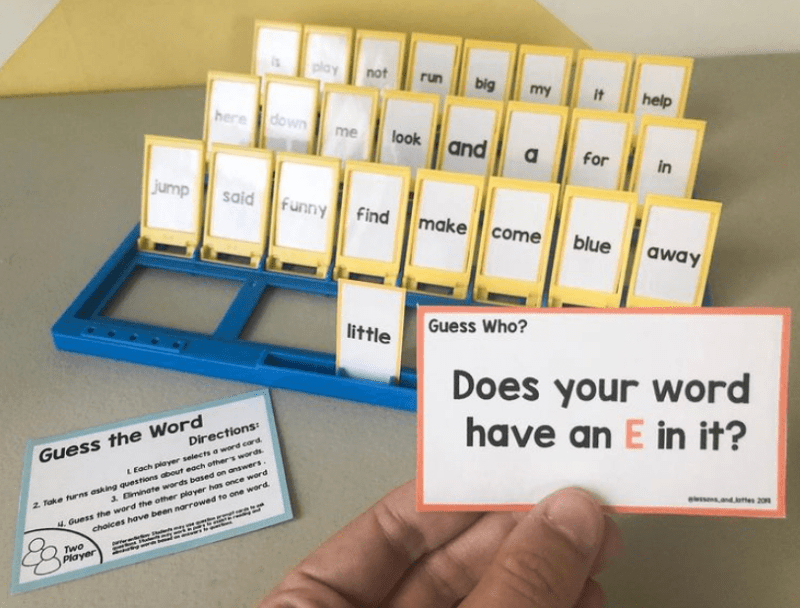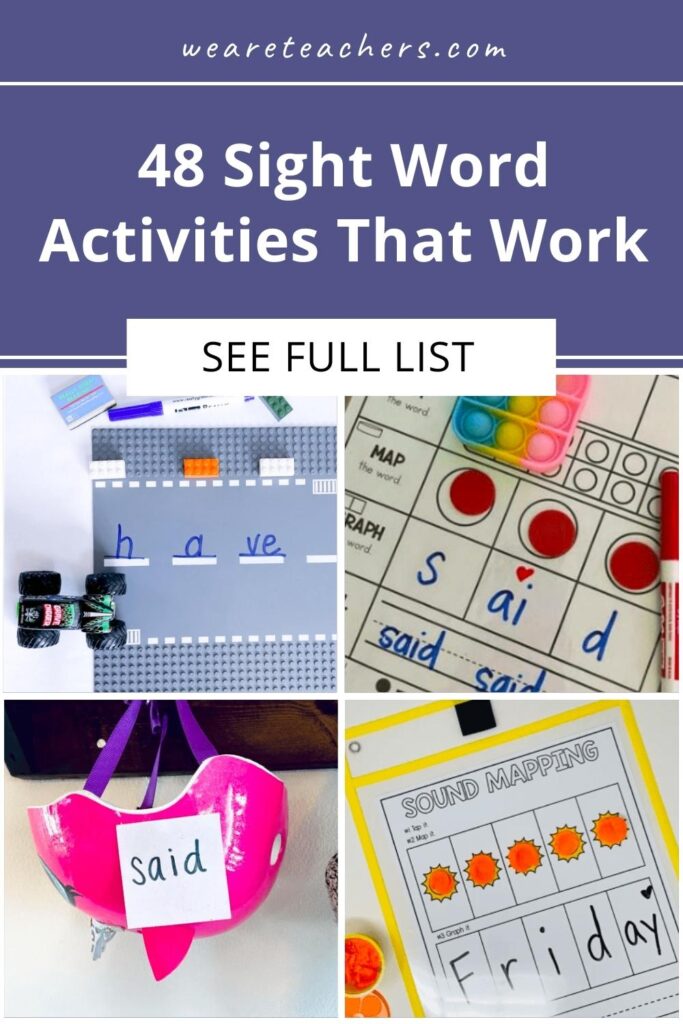Teaching vocabulary to preschoolers is not just about giving the definitions and some examples, but about creativity and fun techniques to practice the words with them. One of the best and practical ways to teach them vocabulary is using games. Here are some of them.
Categories
This game helps children to categorize the words in the columns, to get their meanings and to find a relationship between these words. For each category, you can use flashcards (fruit, vegetables, clothes, sports, etc) and give a list of different words to your kids (banana, skirt, apple, tomato, tennis, baseball, shirt, shorts, kiwi, etc.).

out the odd word
This game is a bit similar to the previous one because it is again related to categorizing. Here the teacher gives a list of words, asking kids to cross out one odd word from each line. For example:
- November, July, September, October
- Cold, snow, January, summer
- Monkey, banana, apple, kiwi
- Run, tennis, baseball, football
- Taxi, car, bus, house
How many?
Here all you need is to show a picture of different things (animals, fruit, vegetables) and to ask your younger learners to count how many things there are in the picture.
2-litre jar
This is a fun game to play with your kids. You show them a 2-litre jar and ask to come up with words that can be placed in this jar. For example, they can say coffee, candle, but they cannot say happiness or animal, because they cannot be placed in this jar.
I spy
One might call this game an old one, but my younger learners adore it. To begin the game choose an object and give some hints to your kids, such as: “I spy something that is big and blue”. The pupil that guesses the word takes a turn to spy something and let other kids guess.
Apple Pass
Get your kids to sit in a circle. You can use a real apple or a fake one. While you pass the apple to the next student, you must say one English word. The student then throws to another student and says a different English word. The student who fails to catch the apple or to say a word is out. And the game continues until you have one winner. It can be played with different categories, such as fruit, vegetables, animals, etc.
Touch
This game is all about giving some instructions. The teacher says: “Touch the board”, “Touch the chair”, “Touch something black”, etc. And young learners go around the classroom to find the appropriate objects and to touch them.
Basketball
Make a paper ball and prepare a box where your kids can throw an imaginary ball. Show a flashcard to the first student. If they say the right word and throw the ball into the box, they get two points. But if they fail to do one of these things, they get just one point. The person who gets the most points is the winner.
Pictionary
This is a nice activity for recycling vocabulary. You can play this game in groups. Tell one of the students a word and ask him/her to draw a picture of it on the board. The first student to guess, what the picture is, gets a point and takes a turn to come up to the board and to draw the next picture.
Line True or False
Put a line of tape on the floor and make appropriate signs for «True» and «False». Show a flashcard and say its word (you can say a wrong word). If students think that you have said the correct word they jump on to the True side, if not they jump on to the False side. The student who gives the wrong answer is out.
What games do you play with your preschoolers?
Teachers are always on the hunt for great sight word activities. Sight words are any words readers recognize automatically “by sight”—for fluent readers, that’s almost all words! High-frequency words, the most commonly occurring words in written English like those on the Dolch list, are often thought of as the most crucial sight words.
It’s a myth that blindly memorizing every letter in a sight word is the only way to learn it. The science of reading tells us that linking sounds and letters is the most effective way for kids’ brains to learn any word. Many common words are easy to tackle using beginning phonics skills (like “at,” “can,” “him,” etc.), so staying true to a strong phonics curriculum is one way to support kids’ sight word learning. Even irregularly spelled words have decodable parts, e.g., kids can use the sounds of “s” and “d” to help with “said,” even if the “ai” is unexpected. Experts often call these words “heart words” to call out for kids that they should learn the unexpected word parts “by heart.” (If all this is unfamiliar to you, it can feel overwhelming, but you’ve got this! Check out teaching guru Jillian Starr’s explanation for more help.)
Check out these low-prep and engaging sight word activities for both teaching and practicing words.
Sight Word Activities for Introducing Words
1. Map it and drive it
This is a genius way to introduce words with appealing materials: Say the word, represent each sound with a LEGO brick, write letters for each sound, and “drive” to read it.
Source: @droppinknowledgewithheidi
2. Smush play dough for each sound
Set up a routine that works for any word. Play dough squishing for each sound is the ultimate multi-sensory component.
Source: @playdough2plato
3. Map words with a magnet wand
It is so super-satisfying to drag those magnetic dots around! Watch the video below for lots of tips on introducing a word using this process.
Source: @warriorsforliteracy
4. Make a mini book
Lots of handy info in one place for your little learners.
Source: @hughesheartforfirst
5. Tap it, pop it, learn it!
Hardwire those words in kids’ brains with this comprehensive word intro routine. (You had us with the pop its!)
Source: @hellojenjones
Sight Word Activities for Practicing Words
6. Find and swat words
An oldie but such a goodie. Find a word in an array and WHACK! Swat it with a fly swatter!
Source: @kids_play_learn_laugh
7. Flip word pancakes
Serve up sight word pancakes while practicing spelling them aloud.
Source: @bee_happy_teaching
8. Wear heart word bracelets
Make kids feel like sight word VIPs.
Source: @teachingmoore
9. Search for sight word balls
Write sight words on ball pit balls with a chalk marker or dry-erase marker. Kids can race around hunting for balls to read and toss in a basket, or hunt through a big tub of balls for a certain word.
Source: @preschoolforyou
10. Start a sight word band
Loud but oh-so-fun! Feel the rhythm while tapping and reading sight words stuck to homemade percussion instruments.
Source: @earlyyears_withmrsg
11. Drive on a sight word path
This is one of many fun ways to use magnetic tiles for learning! Kids love “knocking down” word tiles with a toy car as they read each one.
Source: @travisntyler
12. Use sticky notes to inspire sight word sentences
Have kids stick words on items that give them ideas for sentences. “My Mom said to wear a helmet!” = so good!
Source: @kinneypodlearning
13. Write words on a sensory bag
So easy: Fill a zip-top bag with a small amount of kid-safe paint, seal well, and have kids practice “writing” sight words with their finger or a cotton swab.
Source: @makeitmultisensory
14. Wear a sight word crown
Wear your word proudly and practice reading others’ words. Fun in person or virtually.
Source: @mrsjonescreationstation
15. Play a magnetic-tile board game
We love new ideas for ways to use magnetic tiles for sight word activities. Easy to set up and fun to play.
Source: @twotolove_bairantwins
16. Spell words to a familiar tune
Get sight words stuck in everyone’s head, in a good way. We’d add a line for chanting the sounds in the word!
Source: @saysbre
17. Feed a word monster
Nom, nom, nom.
Source: @ecplayandlearn
18. Search for the pom-pom under sight word cups
Read all the words as you try to find the cup that hides the prize.
Source: @la.la.learning
19. Play sight word KABOOM
This classroom classic is perfect for sight words. If you need a refresher on the rules, Jillian Starr covers them.
Source: @essentiallykinder
20. Roll and write words
Roll, write, repeat.
Source: @mylittlepandamonium
21. Write words with rainbow colors
Bonus points for aromatic markers.
Source: @mylittlepandamonium
22. Trace words with flashlights
Stock up on batteries because kids never get tired of this!
Source: @giggleswithgerg
23. Find words in plastic eggs
Give kids a checklist of words to find as they open each egg.
Source: @blooming_tots1
24. Spy words around the classroom
Just add a magnifying glass and clipboard to make kids feel like supersleuths!
Source: @readingcorneronline
25. Find words in the morning message
Don’t forget about old standbys! This is one of our favorite ways to get kids to recognize sight words in connected text.
Source: @tales_of_a_kinder_classroom
26. Build words with bricks
Such a great use of extra building bricks!
Source: @raysinkinder
27. Write words in sand
Easy-peasy to set up and keep neat if you use plastic pencil boxes.
Source: @teacherhacks
28. Spell words on a construction site
Bulldozing over each word to read it is the best part!
Source: @planningplaytime
29. Spell words with toy cars
Drive on over!
Source: @lozlovesprep
30. Park in a sight word “parking lot”
This one is easy to modify based on whatever toys are available in the classroom or at home.
Source: @msbendersclassroom
31. “Plant” words in play dough
Watch those reading skills grow!
Source: @planningplaytime
32. Build words in a sensory tub
Because spelling is just more fun when your hands are covered in beans!
Source: @coffeeandspitup
33. Write words on a magnetic drawing board
That eraser track makes for a perfect word card holder!
Source: @moffattgirls
34. Or write words on the window!
Everyone wants a turn to write on the window!
Source: @kindergarten_matters
35. Shhh! Discover words written in invisible ink
Write words in white crayon and reveal them with watercolors on top!
Source: @teachstarter
36. Dot-paint words with a cotton swab
Calming and effective.
Source: @sightwordactivities
37. “Type” words on a keyboard
Busy day at the sight word office! Use a keyboard cover or any old keyboard.
Source: @lifebetweensummers
38. Read words before heading through the door
The line leader can double as the word pointer during transitions.
Source: @ms.rowekinder
39. Read the word the teacher’s wearing!
Wait, is there something on my shirt?
Source: @theprimarypartner
40. Take a sight word cakewalk
Choose a winning word when the music stops!
Source: @joyfulinkinder
41. Play sight word hopscotch
If you can’t get outdoors, tape on the floor works just as well.
Source: @wheretheliteracygrows
42. Play tic-tac-toe
I’ll be team “the.”
Source: @create_n_teach
43. Go sight word bowling
No bowling pins? Use half-filled plastic water bottles instead.
Source: @thecreativeteacher_
44. Ready, aim, read
Just throw a beanbag at a word target if foam darts are a no-go.
Source: @laurens_lil_learners
45. Play muffin tin ball toss
Toss and read. It’s easy to use colored muffin cups to prep different sets of words.
Source: @homeschooling_fun_with_lynda
46. DIY sentence flash cards
Authentic use of words in context for the win.
Source: @teachertipsandtales
47. Play sight word checkers
King me! If kids don’t have a partner available, they can “play” with a stuffed animal and get double practice.
Source: @sightwordactivities
48. Play sight word Guess Who?
Set up this game once and use it forever.
Source: @lessons_and_lattes
We’d love to hear—what are your favorite sight word activities? Share in the comments below.
Want more articles like this? Be sure to sign up for our newsletters.
Plus, what are sight words?
10000+ результатов для ‘word order kids’
vocabulary
Анаграмма
vocabulary
word order
5-й класс
6 класс
7-й класс
English
английский язык
уральское подворье
Present perfect word order
Привести в порядок
Go getter 4
gogetter4
go getter 4 present perfect
go getter 4 unit 3
Have you ever..
Present perfect
Outcomes beg. VB1, part 8
Привести в порядок
Word order
Sentence structure
OGEnglish
Adults
English
Outcomes beginner Vocab.Builder
Outcomes beg. VB1, part 11
Привести в порядок
Word order
Sentence structure
OGEnglish
Adults
English
Outcomes beginner Vocab.Builder
Outcomes beg. VB1, part 7
Привести в порядок
Word order
Sentence structure
OGEnglish
Adults
English
Outcomes beginner Vocab.Builder
Outcomes beg. VB1, part 12
Привести в порядок
Word order
Sentence structure
OGEnglish
Adults
English
Outcomes beginner Vocab.Builder
Outcomes beg. VB1, part 13
Привести в порядок
Word order
Sentence structure
OGEnglish
Adults
English
Outcomes beginner Vocab.Builder
Outcomes beg. VB1, part 6
Привести в порядок
Word order
Sentence structure
OGEnglish
Adults
English
Outcomes beginner Vocab.Builder
Outcomes beg. VB1, part 10
Привести в порядок
Word order
Sentence structure
OGEnglish
Adults
English
Outcomes beginner Vocab.Builder
Outcomes beg. VB1, part 3
Привести в порядок
Word order
Sentence structure
OGEnglish
Adults
English
Outcomes beginner Vocab.Builder
Outcomes beg. VB1, part 4
Привести в порядок
Word order
Sentence structure
OGEnglish
Adults
English
Outcomes beginner Vocab.Builder
Outcomes beg. VB1, part 9
Привести в порядок
Word order
Sentence structure
OGEnglish
Adults
English
Outcomes beginner Vocab.Builder
Outcomes beg. VB1, part 5
Привести в порядок
Word order
Sentence structure
OGEnglish
Adults
English
Outcomes beginner Vocab.Builder
Outcomes beg. VB1, part 14
Привести в порядок
Word order
Sentence structure
OGEnglish
Adults
English
Outcomes beginner Vocab.Builder
Outcomes beg. VB1, part 1
Привести в порядок
Word order
Sentence structure
OGEnglish
Adults
English
Outcomes beginner Vocab.Builder
Outcomes beg. VB1, part 2
Привести в порядок
Word order
Sentence structure
OGEnglish
Adults
English
Outcomes beginner Vocab.Builder
Word order
Привести в порядок
15-20
20-30
30-40
wordorder
«Can» word order 3rd year
Пропущенное слово
7-10
English
City Stars 2
City Stars 3
Spotlight 2
Spotlight 3
Starlight 2
Starlight 3
Word Search
Word Search is a fun vocabulary game that will test your student’s knowledge of English words. In this game you can play the 1 player version or 2 player version where teams battle to find the most words first before their time runs out.
Level: Young learners (A2), teens and Adults (A2 – B1)There are two modes – “Classic” which takes words from all the different categories or categories. This can be played in 1 player or 2 player modes. There are currently 9 different category of words (with more coming soon).
Custom mode allows the teacher to create their own size and category for students. This is a great way to make games easier or more challenging.
How to Play?
- Students can be put in teams or play against each other.
- Each student/team takes a turn to try and get a high score.
- The most words found is the winner.
More Vocabulary Activities like Word Search
Check out our other vocabulary activities for young learners, teens and adults!
ESL Say It! – A simple no prep warmer/cooler or quick break for students. In this activity students have to say a word from a category that begins with a letter.
ESL Wordle – based in the popular English word game but with 8 categories to make the game easier to be played by language learners
ESL Guess Who – Practice describing people with this fun online game.
MIXUP – A simple quick fire vocabulary game. How many words can you guess in 90 seconds?
Word Wheel – Get class started with this fun vocabulary challenge. In this game students try and guess what the nine letter word is while also making words using the letters and the key letter. The team with the most words and points will win!
Learn to tell the time – Practice reading the setting the time with this fun interactive game to practice telling the time.
ESL Scattergories! – A classic quick thinking vocabulary where students need to think of vocabulary quickly to get the most words beginning with a letter.
Scattagories for Kids! – Now play with young learner and lower level students in this simplified version of our classic game.
Name 5! – Name 5! is a simple no prep vocabulary warmer. In this activity students need to say a number of words based on a range of topics. Can your students beat the clock!
5 Seconds! – Students need to say 3 words from a random category in 5 seconds to score a point.
Guess the Word – A fun game to practice reading, spelling and vocabulary. Students read the definition and try and guess what the word is. Ideal for A2 level students. 11 categories of words to practice with.
2 Pictures 1 Compound – Can you guess the closed compounds nouns from the pictures? Practice guessing the compounds nouns with this fun interactive game.
Interactive Board Games – Practice speaking, grammar and vocabulary with these interactive online board games. New board games added regularly.
ESL Vocabulary Fortunes – An online game for teens and adults that is a great way to practice vocabulary on a large number of topics.
Animal Vocabulary Games – Practice animals with these four interactive online games. These fun games are a great way to revise animal vocabulary with your students.
Fruit and Vegetables – Practice vocabulary, spelling and pronunciation with this fun interactive word game.
Animals – Practice animal vocabulary, spelling and pronunciation with this fun interactive game.
Story Dice – Get your students making and telling stories with this fun online story tool.
ESL Countdown – Practice vocabulary and spelling with countdown.
Anagram Word Game – A simple word game. Suitable for teens and adults with an intermediate and above level of English.
Word Unscramble – Practice vocabulary and spelling with this unscramble game for young learners.
ESL Category Generator – Generate categories to get your students practicing vocabulary. Great activity to be used with a ball or in online classes to get students thinking at the start of class as a warmer.
Trivia Quiz Generator – Generate quizzes quickly with this simple tool. Ideal for teens and adults intermediate and above.
Random Letter Generator – Generate random letters from the alphabet with this simple letter generating tool.
ESL Idiom Generator – Generate over 100 of the most common English language idioms. Get students to draw or mime out the idioms as a way to introduce them to the most common idioms in English.
Random Noun Generator – Randomly generate over 200 of the most common nouns in the English Language. Great for Pictionary and other end of the class coolers.
Catchphrase – A quick fire word game where students explain as many words as they can within the time limit.
Pictionary – Automatically generate words from three different levels of difficulty and play Pictionary with your students in a flash.
ESL Boggle – Boggle is a great warmer that can be used in the classroom. With this online version get students writing words to be the top of the class.
ESL Quizzes – Our Quizzes are a great way to end class and practice key vocabulary for a wide range of themes. Check back regularly as we are adding new quizzes regularly.
Visit our YouTube channel for new games weekly
-
HOME
-
-
GAMES
-
-
WORD GAMES
Login as parent/teacher to assign this.
Free Online Word Games for Kids
Free Online Word Games for Kids
Every day, more and more technology is being brought into the classroom. By having children play games on computers at home, they will already know the basic workings of a computer. For example, they will know how to efficiently use a mouse and will have a basic understanding of the letters on the keyboard. Because of this, children will become more engaged in the classroom, and in turn, more successful in their future.
The games keep children’s attention longer than if they were reading from textbooks. During game play, children concentrate on their next move or work on solving a problem. It helps increase their visual attention span, while they learn important new words.
Problem solving skills are another benefit of word puzzle games. Children need to think of what comes next, or what happens if they make a particular move. If a child spells a word wrong, he or she will have to go back and try again. Most of the time, children use the process of elimination to help them spell unfamiliar words.
Word Games To Build Vocabulary and Spelling Skills
Turtle Diary has many fun games that will help your child to practice and reinforce vocabulary and spelling skills without getting bored or feeling stressed about the process. When you begin to read, students will need to practice their sight words again and again to gain that recall. Sight words cannot be sounded out with normal phonetic pronunciation, so playing any of Turtle Diary’s Sight Word games, like Spell the Sight Words, will help your student to find success in their reading and vocabulary skills. It also helps that Turtle Diary has auditory options that will read students anything they need to hear within the game. Whether they are Flipping Cards or building Word Ladders, kids are sure to enjoy playing as they master their vocabulary skills. The more they are able to recognize the words, the easier it will be to spell them in games like Spell the Sight Words.
When working with vocabulary, students will love doing Animal Crosswords with hints about the missing animals, which encourages vocabulary recall and spelling skills. With a wide variety of animals and topics, your kids will love playing so much they won’t even realize the skills they’re building with each click.
For more advanced readers and spellers, Turtle Diary has Spelling Words that specifically practices words at their level before they are ready to move up to a more advanced game like Word Scramble, where they have to unscramble words, or Hangman, where they choose letter by letter to spell a mystery word before a monkey is drawn. Word Searches can also reinforce letter recognition and spelling skills as well as logic. No matter what game you choose on Turtle Diary, your child will be gaining invaluable skills for their literacy journey.
What are some fun word games for kids?
If you’re looking for some fun word games, check out one of our biggest hits: Word Scramble. It’s designed for students in 1st-4th grade. A picture provides a clue, and kids unscramble the letters provided to create the word.
Watch out though- there are extra letters to make the game a little more challenging! Scrabble is another fun word game. This classic game is just as fun online as it is playing around the table with your family
Can kids play word games online?
The internet is full of engaging word games that kids can play. Online word games are an incredible tool because they can be played on almost any device anywhere you have an internet connection. These online word games are a perfect way to develop vocabulary, spelling, and phonics skills while they have fun!
What are some easy word games?
An early reading skill is recognizing familiar sight words, and this sight word game provides practice, with levels ranging from pre-K to third grade. Another easy word game is our word ladder game. Students create a word ladder by changing one letter at a time, using picture cues to guide their work.
Where can I find free word games for kids?
All of the word games on TurtleDiary.com are free! You can choose games to focus on a variety of skills, including reading, writing, speaking, listening, grammar, vocabulary, and pronunciation. Our games are created with a focus on elementary age students in grades pre-K through fifth grade.
Our Educational Resources
-
Math Games
- Addition
- Area and Perimeter
- Decimals
- Division
- Fractions
- Geometric Shapes
- Geometry
- Money
- Multiplication
- Numbers
- Probability
- Roman Numerals
- Statistics
- Subtraction
- Temperature
- Time
- Units of Measurement
-
Language Arts Games
- Adjectives
- Adverbs
- Alphabet
- Capitalization
- Compound Words
- Conjunction
- Contractions
- Determiners
- Noun
- Parts of Speech
- Phonics
- Preposition
- Pronoun
- Reading
- Sentences
- Sight Words
- Spelling
- Verb
- Word Family
-
Science Games
- Animals
- Biology
- Earth and Its Resources
- Energy
- Food Chain
- Force
- Magnets
- Matter
- Plants
- Simple Machines
- Solar System
- The Human Body
- Water Cycle
- Weather and Seasons
-
More Games
- Fun Games
- Hangman Games
- Jigsaw Puzzles
- Logical Puzzle
- Map Games
- Picture Games
- Typing Games
- Word Games
- Word Search Games
- Geography Games
A list of fun English word games for kids to help improve children’s spelling, reading, and vocabulary. This list of word games for kids includes word games that encourage conversation and early literacy that you can play on the spot or prepare yourself with just some paper and pencil.
Why are Word Games Good For Kids?
Word games and vocabulary games for kids are great because they get kids talking and using language while having fun. When you make a learning activity fun, kids don’t realise they are learning.
For reluctant learners, playing these word games can help and motivate them to want to play and learn more.
*This post may contain affiliate links, read more here.
10 Fun Word Games for Kids
Many of these word games for kids can be prepared easily at home with materials you already have. However if you don’t have time to prepare your own, you can also purchase a range of fun word games for kids HERE.
1. Hang Man

Probably one of the most popular word games for kids is the popular Hang Man. Player 1 thinks of a word and Player 2 has to guess it before they get “hung.”
Player 1 writes spaces for letters are written on the page so they know how many letters there are in the word. Player 2 proceeds to choose a letter they think may be in the word.
If it is correct Player 1 writes the letter down where it goes. If it is incorrect Player 1 draws part of the “hangman”. If the drawing is complete by the time Player 2 guesses, then Player 1 wins.
2. I spy
A really easy and fun word game for kids is I spy. You don’t need anything for this game except your imagination.
Player 1 thinks of a word and tells the others the first letter. “I spy with my little eye, something beginning with __” The other players need to guess the word. Whoever wins gets to be the spy!
This is a really great car game for kids too and helps to build vocabulary.
3. Bingo
Such an easy word game to prepare for kids. There are some really good versions on Amazon HERE. You can purchase the game, or use it as an example to make your own.
Draw a square grid on a page and choose a theme. Write out some words using the theme. Eg, beach: swimming, sand castles, water, sea shells, dolphin, sunbeds, picnic etc.
Make an extra copy of the words ensuring there are a few extra than the amount on the page. Cut them up into squares and put in a bowl scrunched up.
Take turns in pulling out a word and reading it out loud, then finding it on your page. The first person to find all of the words calls out Bingo and is the winner.
This fun word game for kids helps with reading and talking aloud.
4. Word Family Game
This game requires children to rhyme. Select one word and everyone needs to write as many words as they can that rhyme with that word. Eg. If the word is “Cat”, answers could be: hat, bat, rat, sat etc.
This is a great word game to help build kids vocabulary and help their language skills.
5. Word Search
Another fun but challenging word game for kids is a word search. Draw a grid of 10 x 10 squares and place as many words as you can within the grid. Words can go up, down, or diagonal, and letters can overlap to be used more than once.
Create a list on the side or bottom of the page of the words you have entered. Then once you cannot fit anymore words in, fill the blank boxes with random letters.
Kids will need to find the words as quick as possible. This can be a fun word game to do individually or as a team. For kids who like to compete, you can make identical grids and see who finishes first.
This word game encourages persistence and helps to improve their literacy skills.
6. Unscramble the words
A simple word game for children that will get them really thinking! Write a list of words down on paper but scramble the letter order while writing. Kids will need to look at the letters and try to work out what the word is and guess it.
This can be quite a competitive word game, but it helps to really get their mind ticking.
7. Scategories
While this is also an official board game, (which you can find online here) you can also make it yourself quite easily. Each player has a piece of paper and pencil.
Select 10-15 categories. These can be anything you like but remember they should be popular enough that you can guess something with most letters. Eg. Country, Movie, Body Part, Actor or Actress etc.
Once you have your categories it is time to choose a letter. Without a dice, the easiest way is to write the letters randomly on a piece of paper.
Then one person closes their eyes and points to a letter. When the letter has been chosen, players have 2 minutes to fill in the gaps with something in each category starting with that letter.
Winner is the one with the most filled in at the end, or the first to finish.
This is a really fun and competitive word game for kids that helps to improve their vocabulary, spelling, and conversation skills.
8. Words within a word
This word game requires kids to create their own words. Choose one really long word with at least 8-10 letters. The longer the better.
The aim of this word game is for kids to try to make a list of small words out of the letters of the long word. So for example the word COMPUTER includes: put, cot, term, core, mop, top, pet. Etc.
This is a really fun word game to help children’s spelling skills.
9. I am going on a picnic
A fun word game to help with your child’s memory and to get them talking.
One person starts and says “I am going on a picnic and I will bring some… fruit”
The next person says what the first person said, and adds something of their own. “I am going on a picnic and I will bring some fruit, and some sandwiches.
The next person says what the first, and second person said, and adds something of their own. “I am going on a picnic and I will bring some fruit, some sandwiches and some ice-cream.
You continue on and on and it gets more difficult to remember everything. We usually can get to at least seven or eight, and surprisingly my pre-schooler can often remember more than me!
This conversational game helps with memory, and also learning new vocabulary.
10. Story prompts
This word game involves making up a story by taking turns in saying sentences. One person starts the story, and says the first sentence. The second person continues the story with another sentence, and so on.
The stories can become very interesting as each person has different ideas. Bilingual flashcards are great for this or you can find a great version online HERE.
This conversation activity helps kid’s imagination, as well as building their vocabulary.
Other Fun Learning Resources for Kids?
If you love these English word games, check out these posts!
English Classroom Games – To play in class or at home
Knock Knock Jokes – To get the kids laughing
Best Board Games for Kids – Educational and fun
Top Book Sets for Kids – For all ages
Which English word games do you play with your kids?
These fun English word games for kids can be played with children of all ages and also with adults just by adapting certain aspects of the game to suit the age of the player.
This list of word games for kids will keep kids entertained for hours on end without feeling like they are actually learning.


As your children learn writing and spelling, they are likely to come home with spelling word lists. It’s their job to study and learn the words, but simply looking at them isn’t always going to do the trick — they will probably need some tools to help them remember the words. Here are 18 creative and interactive ways to practice spelling words.
Make a Spelling Word Origami Fortune Teller
These are also known as Cootie Catchers. It’s easy enough to create spelling word Cootie Catchers, and having your child spell the word out loud is very helpful for auditory learners.
Make and Use a “Word Catcher»
These modified fly-swatters can be a lot of fun to use. Give your child a copy of her spelling words, and you might be surprised to see how enthusiastic she is to start swatting the words in all the books, magazines, posters, and papers in the house.
Magnetic Letters, Alphabet Blocks, or Scrabble Pieces
Just as saying the words out loud can help an auditory learner, literally building the words can be helpful for more visual learners. Just keep in mind you might need more than one set of magnetic letters to spell all the words.
Create Your Own Crossword Puzzle
Luckily there are free online tools like Discovery Education’s puzzlemaker program to help you make puzzles. All you have to do is type in the word list.
Use Sensory Play
Some kids learn better when all their senses are involved. Doing things like spraying shaving cream on the table and letting your child trace the words in it or having him write the words with a stick in the dirt can help cement the words in his memory.
Play Spelling Word Memory
There are a couple of ways to do this. You can make two sets of flashcards with the spelling words—it’s a good idea to write each set in a different color—or you can make one set with the words and one with the definition. After that, it’s played just like any other Memory game.
Trace the Words in Rainbow Colors
This is a variation on the old “write your words ten times” homework. Your child can trace each word over and over to remember the order of the letters for each word. In the end, though, it’s a lot prettier than a simple word list.
Let Your Child Text the Words to You
This way to practice spelling words depends, of course, on whether your child has a cell phone and what the plan includes. With unlimited texting, it’s easy enough for you to receive the text, correct the spelling if necessary, and send back an emoji.
Use Sandpaper Letters to Make Spelling Word Rubbings
Though it requires a little prep work, this is a fun way to practice the words. Once you have a set of sandpaper letter stencils, your child can arrange each word, place a piece of paper over it, and make a rubbing with pencil or crayons.
Make Word Searches
This, too, is an activity that is easy enough with online resources. SpellingCity.com is a fantastic site that allows you to make word searches and create other activities for your child.
Play Hangman
Hangman is a great go-to game when it comes to spelling words. If you have your child use a copy of the spelling list, it will be easier to narrow down which word you’re using. Remember, you can always use the definition as a clue!
Make up a Spelling Word Song
It may sound silly, but there’s a definite connection between music and literacy. If you and your child are creative, you can create your own silly tune. For the less musically-inclined, try setting the words to the tune of “Twinkle, Twinkle Little Star” or another nursery rhyme song.
Play the “Add-A-Letter” Game
This game is a fun way to interact with your child. One of you starts writing the spelling word on the paper by writing one letter. The next one adds the next letter. Since many word lists include words that start with the same sounds, it may be challenging to know which word your game partner started writing.
Write a Story Using Each Spelling Word
Many teachers ask students to do this with their spelling words for homework, but you can add a twist by giving your child a topic to write or tell a story about. For example, challenge her to write a story about zombies using all the words.
Highlight the Words in the Newspaper
Give your child a highlighter and a pile of newspapers and time him to see how long it takes to find and highlight all the words on the list.
Play a “What Letter Is Missing?” Game
Slightly different than Hangman and similar to the «Add-a-Letter» game, this game is played by writing or typing the words, but leaving a blank space or two for key letters. Your child will have to put in the correct letters. This works particularly well to practice the vowel sounds.
Act Them Out
Essentially this is playing the game Charades with your child’s spelling words. You can do it a couple of ways—give your child a list of the words and have her guess which one you are acting out or put all the words in a bowl, and have her choose one and act it out.
Put Them in ABC Order
While alphabetizing the list won’t necessarily help your child learn to spell each individual word, it will help him recognize the words. For some children, just moving the strips (on which each word is written) around can help them keep the word in their visual memory.

